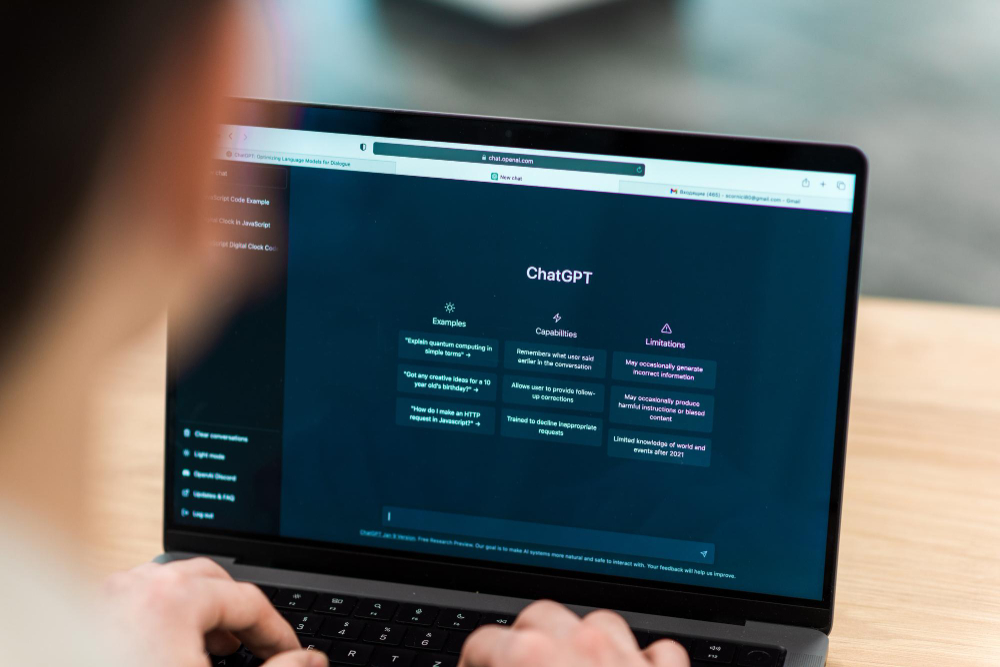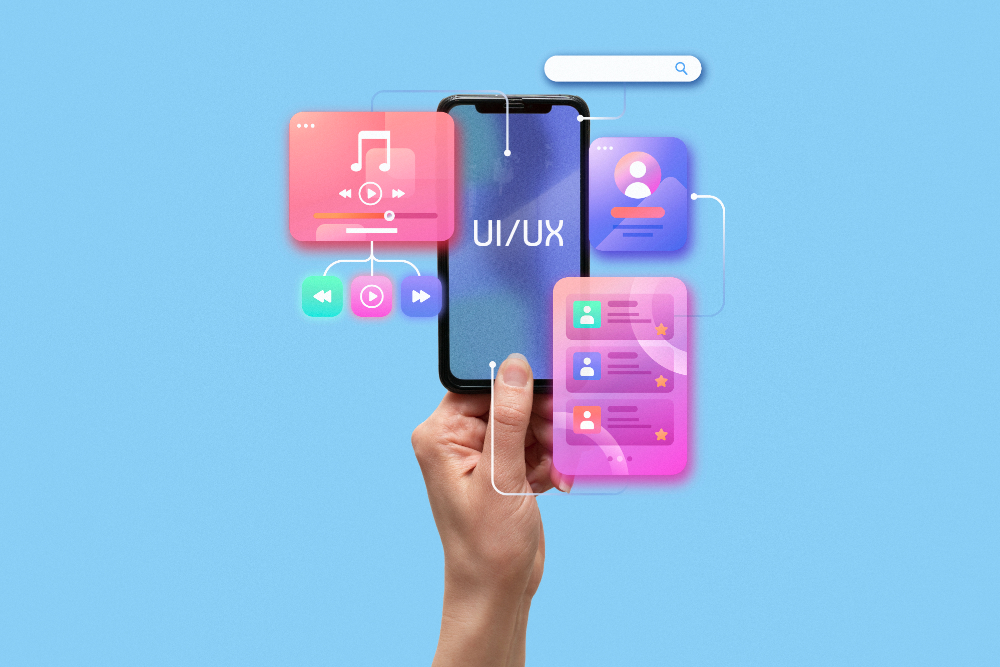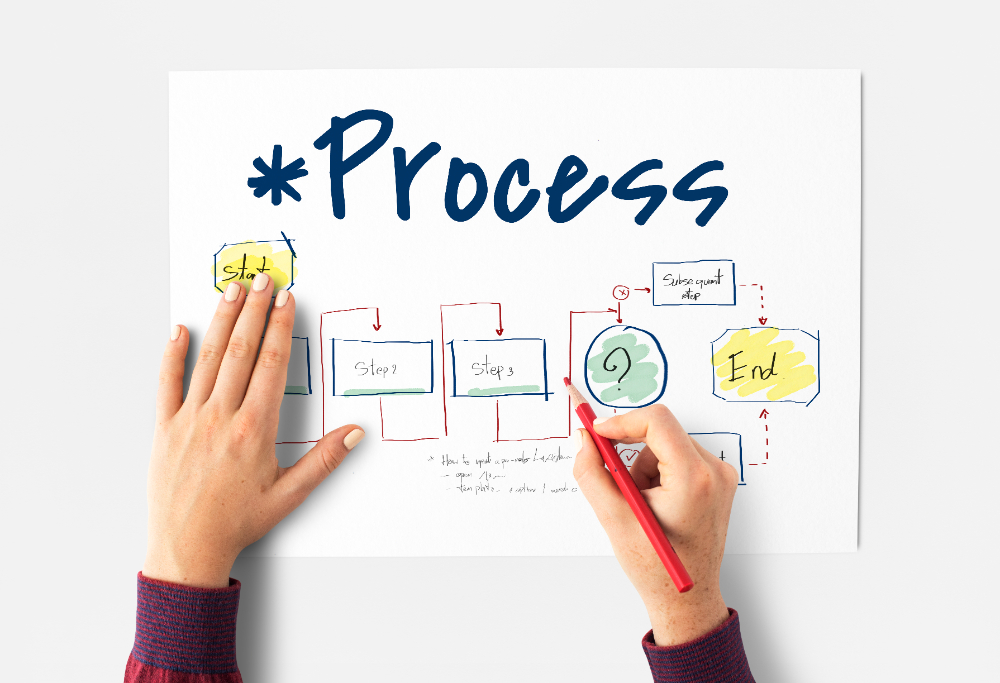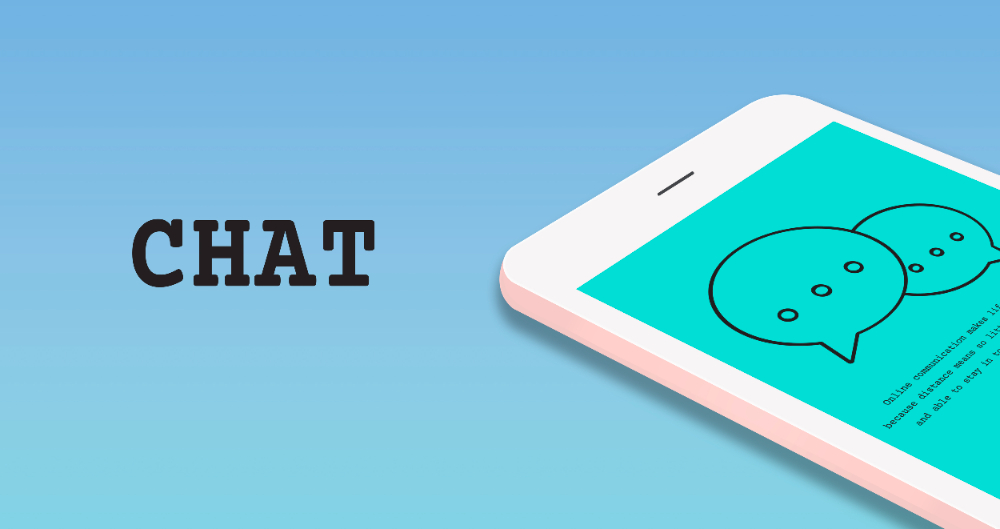Table of Contents
- Definition And Scope Of Mentoring
- Types Of Mentoring Relationships
- The Critical Benefits of Mentoring for Different Stakeholders
- Students
- Teachers
- Parents
- Tutors and Instructional Designers
- School Administrators
- Educational Researchers
- Best Practices in Mentoring
- Goal setting and program design
- Communication strategies:
- Feedback and evaluation mechanisms:
- Addressing Mentoring Challenges and Barriers
- Implementing Mentoring in Digital Education Communities
- Online forums and communities
- Virtual mentorship sessions
- Creating inclusive and accessible mentoring environments
- Wrapping Up
Have you ever thought about the incredible power of mentoring in education? Picture a world where every student, teacher, parent, and educational professional has access to the guidance and support they need to thrive.
But, what exactly is mentoring, and what are its true benefits? Whether you're a teacher looking to enhance your skills, a parent seeking to support your child's educational journey, or an entrepreneur dreaming of revolutionizing the education industry, mentoring has something for you.
In this article, we delve deep into what mentoring is, the benefits it has to offer, and practical tips on how it's been shaping the educational landscape for years. Even better is what it has to offer for this digital age and the future. Get ready for a journey of growth, learning, and empowerment.
Definition And Scope Of Mentoring
Let's start by demystifying what mentoring really is. At its core, mentoring is about having a trusted guide by your side, someone who shares their wisdom, experience, and knowledge to help you reach your full potential.
Mentoring can happen in classrooms, online communities, workplaces, and beyond. It's a versatile tool that can adapt to various contexts and needs, whether you're a student looking for academic guidance or a professional seeking career advice.
Types Of Mentoring Relationships
Mentoring comes in many shapes and sizes, each serving a unique purpose. From traditional one-on-one mentorship to group mentoring and peer mentoring, there's a style to suit every situation.
One-on-one mentorship offers personalized guidance tailored to your specific goals and challenges, while group mentoring fosters collaboration and community support. And let's not forget about peer mentoring, where you learn from your equals and grow together through shared experiences.
The Critical Benefits of Mentoring for Different Stakeholders
Now, let's talk about the magic of mentoring and how it brings a whole host of benefits to everyone involved in the educational journey.
Students
Mentoring isn't just about helping students ace their exams (although it definitely helps with that too!). It's about nurturing their overall development, boosting their confidence, and preparing them for success in school and beyond.
With the guidance of a mentor, students can improve their academic performance, develop essential life skills, and explore their passions and interests with newfound clarity.
Teachers
Teachers are the unsung heroes of education, but even they can benefit from a little guidance now and then.
Mentoring provides teachers with opportunities for professional growth, whether it's honing their teaching skills, facing classroom challenges, or staying up-to-date with the latest educational trends and technologies.
Plus, having a mentor can be a source of inspiration and motivation, helping teachers reignite their passion for teaching and learning.
Parents
Parenting is no easy feat, especially when it comes to supporting your child's education. That's where mentoring comes in handy.
By connecting parents with mentors who understand the ins and outs of the education system, parents can gain valuable insights, resources, and strategies to support their child's learning journey effectively.
Tutors and Instructional Designers
Mentoring helps tutors refine their teaching techniques, tailor their instruction to meet individual student needs, and stay ahead of the curve in a rapidly evolving educational landscape.
Likewise, instructional designers can leverage mentoring to enhance the effectiveness of their learning materials, incorporate innovative pedagogical approaches, and ensure that their designs align with educational best practices.
School Administrators
School administrators wear many hats, from managing budgets to fostering a positive school culture. Mentoring provides them with a support system, a sounding board, and a source of professional development opportunities.
Whether it's refining their leadership skills, addressing organizational challenges, or implementing strategic initiatives, administrators can benefit immensely from the guidance and expertise of a mentor.
Educational Researchers
Research is the backbone of evidence-based practice in education, but conducting research can be a complex and challenging endeavor. Mentoring provides researchers with guidance, support, and expertise to facilitate the research process effectively.
Best Practices in Mentoring
Now that we've covered the incredible benefits of mentoring, let's talk about how to make the most of this powerful tool with some best practices.
Goal setting and program design
When setting up a mentorship program, it's essential to define clear goals and objectives. What do you hope to achieve through mentorship?
Whether it's improving student outcomes, enhancing teacher effectiveness, or fostering a culture of collaboration, having a clear vision will guide the design and implementation of your program.
Communication strategies:
Communication is the lifeblood of any successful mentorship relationship. Encourage mentors and mentees to establish open, honest, and regular communication channels.
Whether it's face-to-face meetings, virtual check-ins, or email exchanges, effective communication builds trust, fosters collaboration, and ensures that everyone is on the same page.
Feedback and evaluation mechanisms:
Feedback is like fertilizer for growth—it helps mentees thrive and mentors refine their mentoring skills. Create opportunities for mentors to provide constructive feedback to mentees and vice versa.
Additionally, establish evaluation mechanisms to assess the effectiveness of the mentorship program and identify areas for improvement. Remember, feedback isn't about criticism—it's about continuous improvement and learning.
By following these best practices, you can create a mentorship program that empowers learners, nurtures talent, and fosters a culture of continuous learning and growth.
Addressing Mentoring Challenges and Barriers
Overcoming time constraints: Let's face it—time is a precious commodity, especially in the fast-paced world of education. To overcome time constraints, provide mentors and mentees with flexible scheduling options, clear expectations, and resources to optimize their time together.
Dealing with mismatched expectations: Like any relationship, mentorship can sometimes hit a snag when expectations don't align. Encourage mentors and mentees to have candid conversations about their goals, needs, and boundaries upfront. Setting clear expectations from the get-go can help prevent misunderstandings and ensure that both parties are on the same page.
Implementing Mentoring in Digital Education Communities
Nowadays, with the rise of digital tools and online platforms, mentoring doesn't have to be confined to face-to-face interactions. Let's explore how we can leverage the power of technology to implement mentoring in digital education communities effectively.
Online forums and communities
Digital forums and communities provide a virtual space for mentors and mentees to connect, share resources, and engage in discussions. Whether it's a collaborative workspace, a dedicated forum on an educational website, or a social media group, online communities facilitate networking, collaboration, and knowledge sharing among participants.
Virtual mentorship sessions
Thanks to video conferencing tools like Zoom, Skype, or Google Meet, mentors and mentees can connect from anywhere in the world with just a click of a button.
Even better are AI-powered tools like Dive which offer the flexibility and convenience of meeting remotely while still allowing for meaningful interactions and personalized support.
Creating inclusive and accessible mentoring environments
In digital education communities, it's essential to create inclusive and accessible mentoring environments that cater to the needs of diverse learners and stakeholders. This includes considering factors such as language, cultural background, learning preferences, and accessibility requirements.
By embracing digital tools and creating inclusive and accessible mentoring environments, we can expand the reach and impact of mentorship in education communities.
Wrapping Up
From fostering academic success to nurturing personal growth and professional development, mentoring has the power to unlock untapped potential and drive positive change in the educational landscape.
Mentorship is not just a tool—it's a catalyst for change, a beacon of hope, and a force for good in the world of education.
Together, let's harness the power of mentorship to create a brighter, more inclusive, and equitable future for all. The possibilities are limitless when we dare to dream, collaborate, and empower one another along the way.

































Comments are closed.